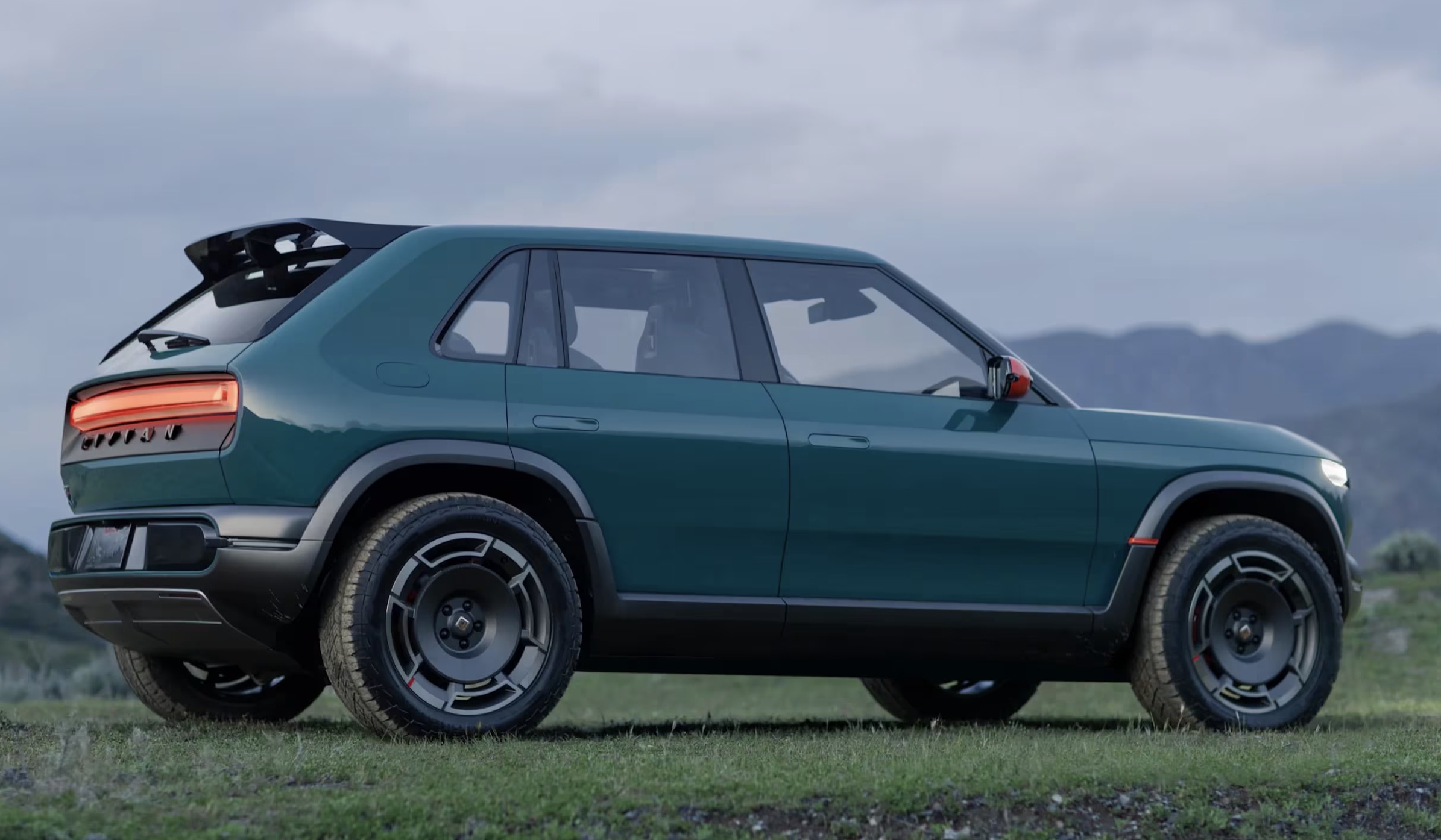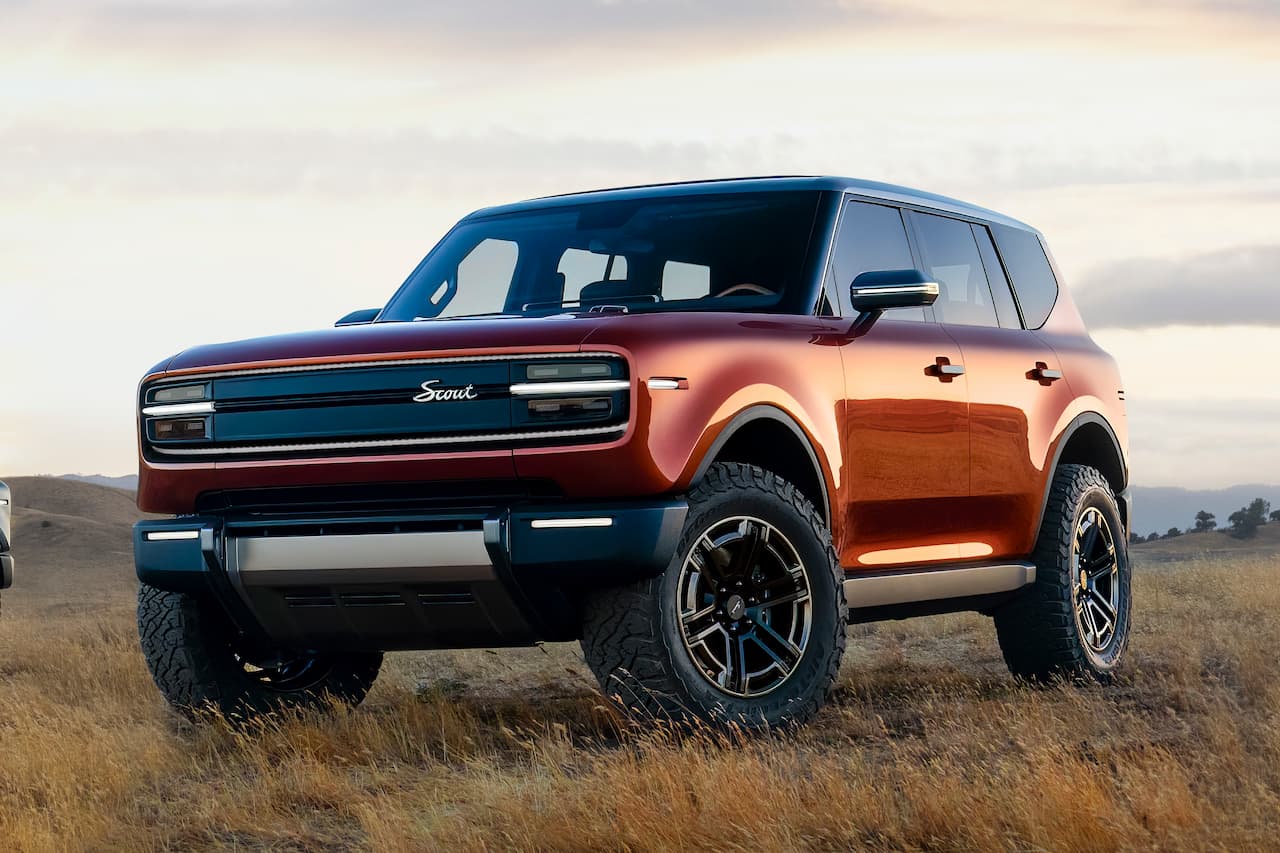In the evolving world of electric and hybrid vehicles, Scout Motors—reviving the classic International Harvester name under Volkswagen—recently made waves by emphasizing a hybrid approach for their debut models. Originally hyped for pure EVs, the brand announced they'd kick off with options including the Scout Traveller Hybrid, an extended-range electric vehicle (EREV) that blends battery power with a gas extender for impressive versatility. This shift highlights a pragmatic nod to range anxiety and infrastructure challenges, setting up an intriguing matchup against the all-electric Rivian R3, a compact crossover poised to hit the market around the same time.
The Scout Traveller Hybrid channels retro vibes with its boxy, rugged design inspired by the original Scout SUVs of the 1960s and '70s. Built on a body-on-frame platform, it's engineered for serious off-roading, boasting up to 7,000 pounds of towing capacity and a payload of around 2,000 pounds. As an EREV, it offers over 500 miles of total range, combining an electric drivetrain with a rear-mounted four-cylinder gas engine that acts as a generator—ideal for long hauls without frequent charging. Inside, it seats five with a premium cabin featuring physical switches for tactile control, optional bench seating, and advanced tech like over-the-air updates. Pricing starts under $60,000 before incentives, potentially dipping to around $50,000 with rebates, making it accessible for adventure seekers who want truck-like durability.
On the other side, the Rivian R3 emerges as a sleeker, more urban-oriented electric crossover from the innovative EV maker. With a unibody construction and rally-inspired aesthetics, it's designed for nimble handling on city streets and light trails, though not as hardcore off-road as the Scout. It promises over 300 miles of range from its larger battery pack, quick 0-60 mph acceleration in under three seconds for the performance R3X variant, and features like adaptive air suspension for varied terrains. The interior emphasizes tech-forward minimalism with large screens, sustainable materials, and clever storage solutions for gear. Estimated pricing begins around $37,000, rising to $47,000 or more for higher trims, positioning it as a more affordable entry into the EV space compared to Rivian's larger R1 models.


.jpg)

When stacking them up, the Scout Traveller Hybrid shines in extended range and rugged capability, appealing to those who venture far off the grid or tow frequently, while its hybrid setup eases the transition from gas vehicles. The Rivian R3, however, excels in efficiency, lower emissions, and agile performance, suiting daily drivers who prioritize zero-tailpipe fun and modern connectivity. Size-wise, the Scout is larger at about 208 inches long, offering more space but potentially less maneuverability than the compact R3. Both boast innovative features like modular accessories and software ecosystems, but they cater to slightly different lifestyles—one more traditional overlander, the other eco-urban explorer.
So, if both were available today, which would you choose: the versatile Scout Traveller Hybrid or the pure-electric Rivian R3? And why—range, design, price, or something else? Share your thoughts and let SPIES decide the winner.